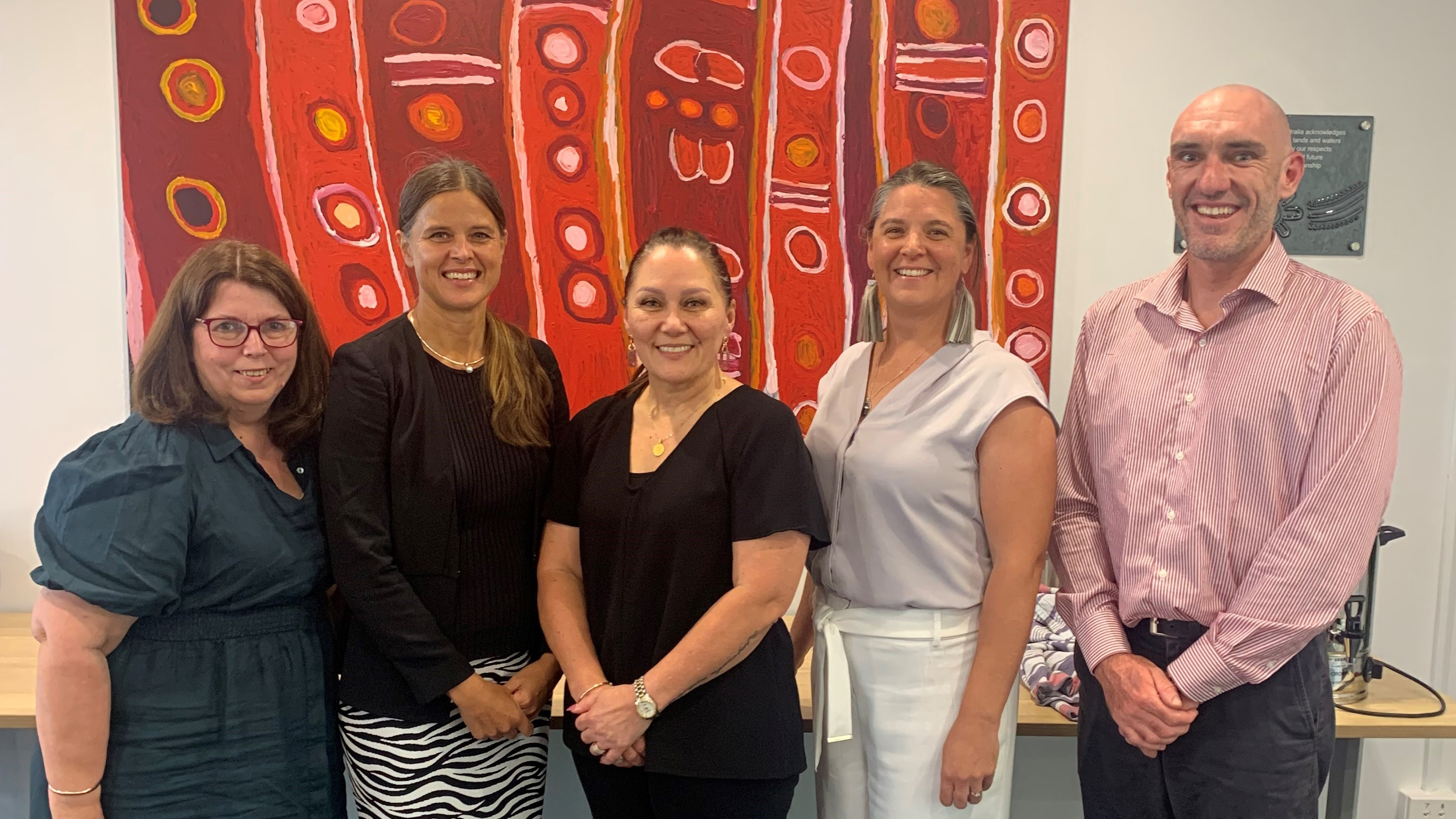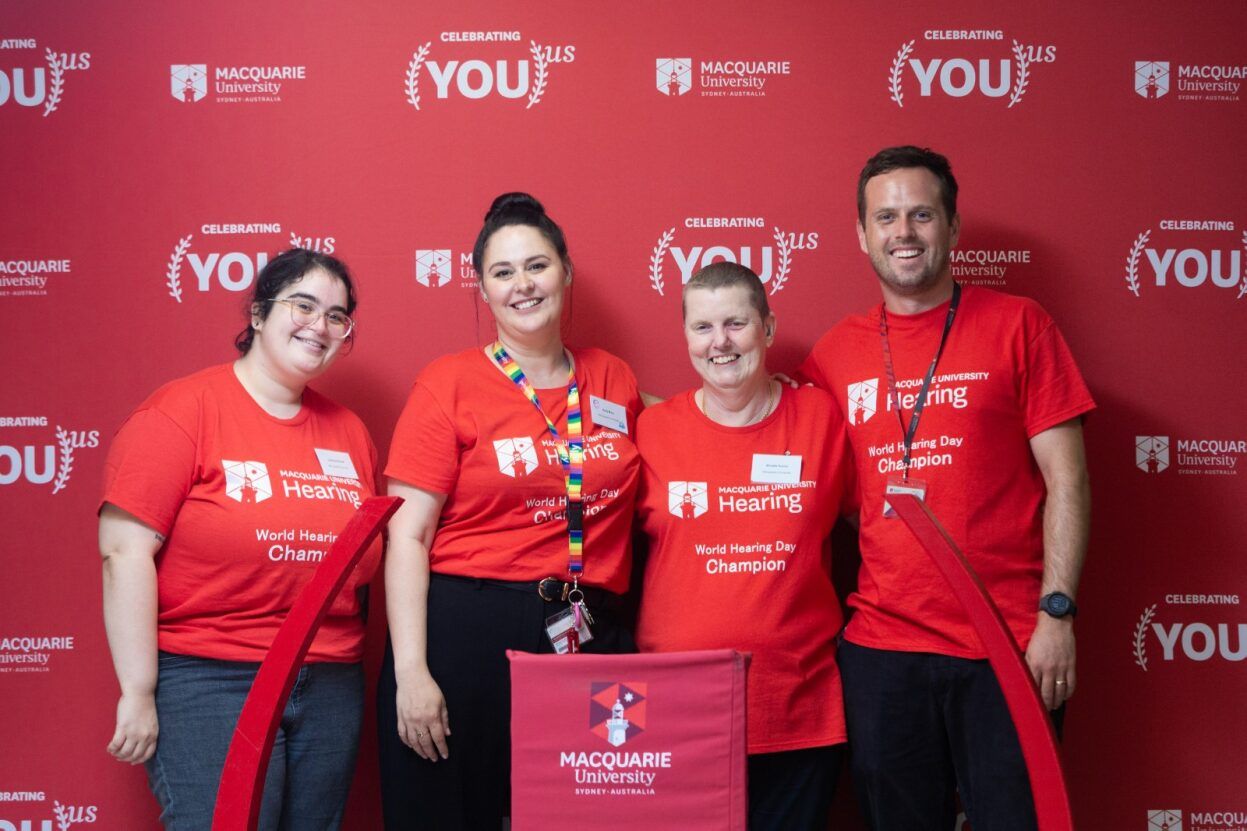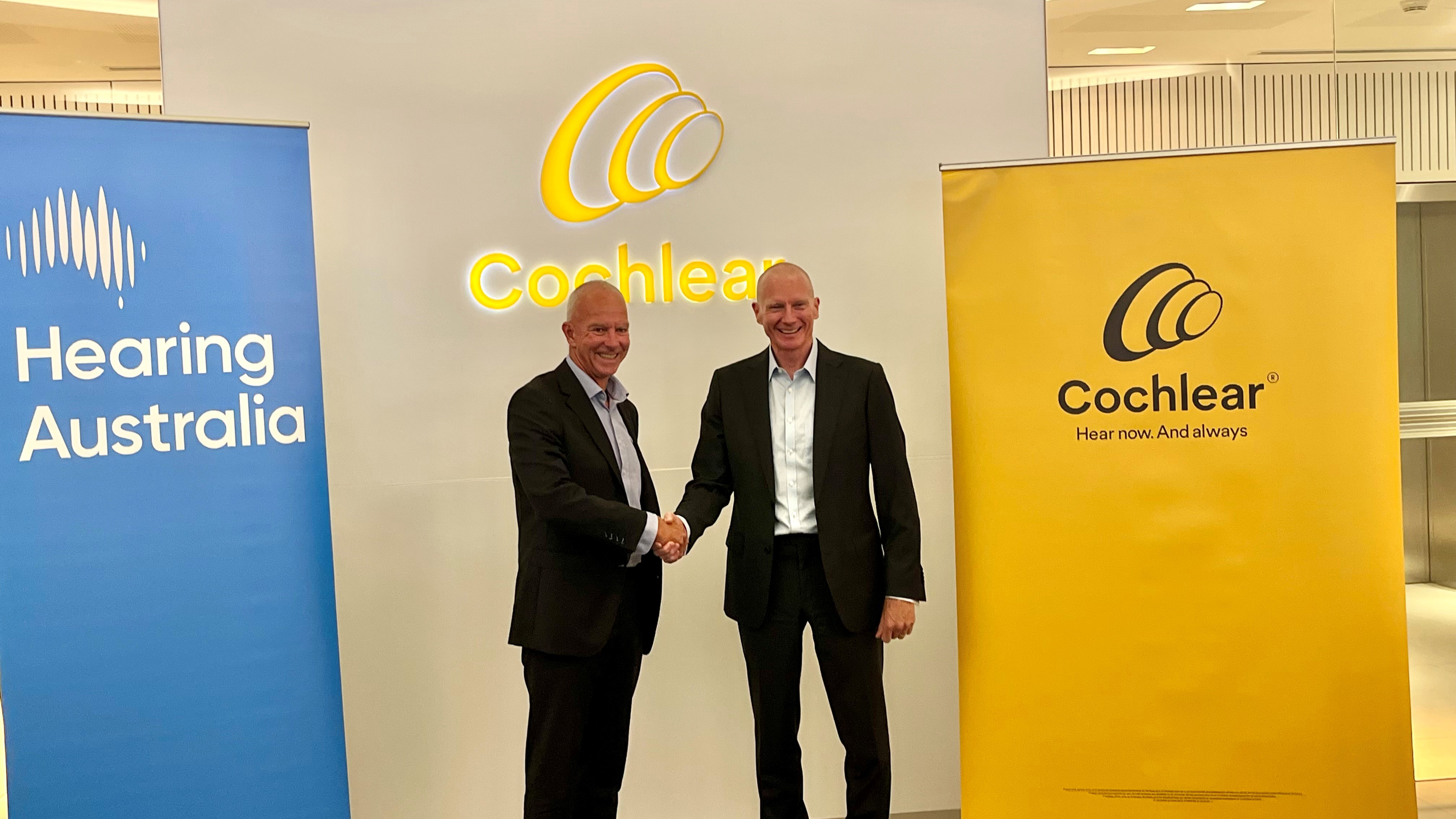
Two Macquarie researchers, Professor Bill Thompson and Dr Amee Baird, both from the Department of Psychology at Macquarie University and the ARC Centre of Excellence in Cognition and its Disorders, have begun looking at how music can help people with dementia by comparing how personal memories are evoked with music and other stimuli.
Throughout his career, Professor Thompson has investigated the power of music over the human brain, looking at the healing effects it can have on the mind through case studies and his own research.
“I enjoy learning about and delving into some of the most subtle and complex aspects of the relation between music, thought, and feeling, yielding an exciting body of knowledge that we call ‘music perception and cognition’,” Professor Thompson said.
Music has previously been used to treat an array of cognitive conditions including autism, ringing in the ears (tinnitus), impaired motor skills or difficulty speaking (aphasia) after stroke. In one famous case, an 11-year old stroke patient called Laurel learnt to speak again through singing – called melodic intonation therapy – which trained her brain to use new pathways to produce speech.
Dr Baird, a clinical neuropsychologist, has previously researched the link between music and memory in persons with brain injury or dementia. Her recently published book chapter explores the effects of music on persons with dementia and how music can potentially be used as a tool to treat symptoms of the condition.
“There is increasing evidence that shows music can have positive effects on persons with dementia. Even in the late or severe stages of dementia when verbal communication may have ceased, a person’s ability to respond to music is potentially preserved,” Dr Baird explained.
More recently, Dr Baird has been awarded a four year NHMRC-ARC Dementia Research Development Fellowship with Professor Thompson as her mentor, allowing the two to combine their expertise and tackle a very specific question: how music can help dementia patients recall their past and whether it can help to reaffirm self identity?
“We really want to explore whether music can aid dementia patients with their autobiographical memory, which is very important when it comes to self identity” Professor Thompson said.
“In particular, by comparing how personal memories are stimulated by music versus other stimuli, such as photos or objects, we will be able to gain more insight into the relationship between music, autobiographical memory and self identity over time.”
They will investigate this issue in persons with different types of dementia, mild cognitive impairment and healthy elderly persons.
“Music is easily accessible and can be an effective way to maximise well being, which is crucial given that there is currently no cure for dementia” Dr Baird concluded.
Author contact: Professor Bill Thompson Author contact: Dr Amee Baird
T: +61 (2) 9850 4083 E: bill.thompson@mq.edu.au E: amee.baird@mq.edu.au
Media Contact: Dr Megan Wright
T: +61 (2) 9850 1055 E: megan.wright@mq.edu.au








